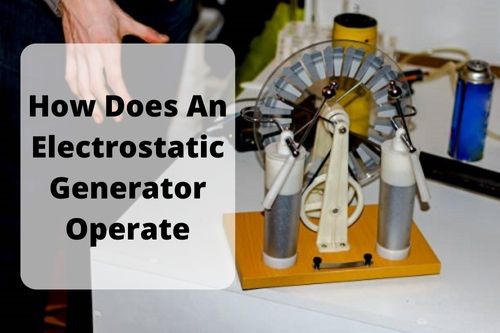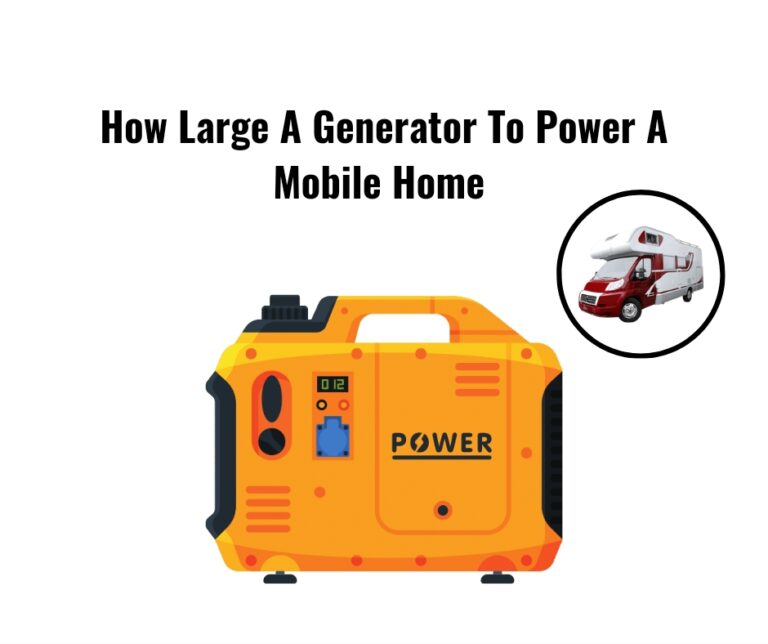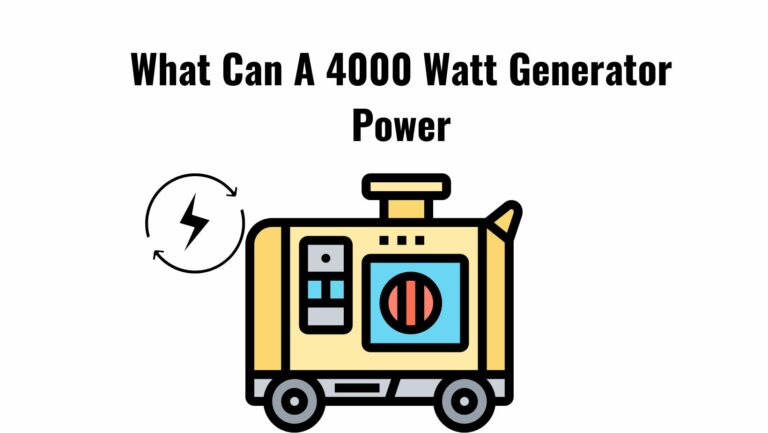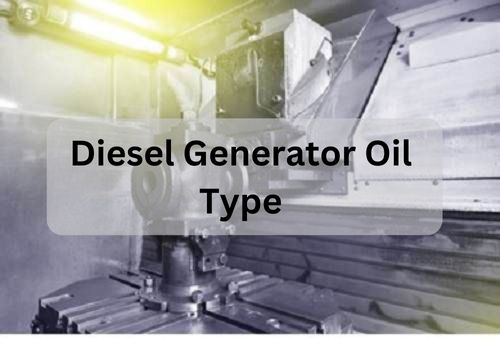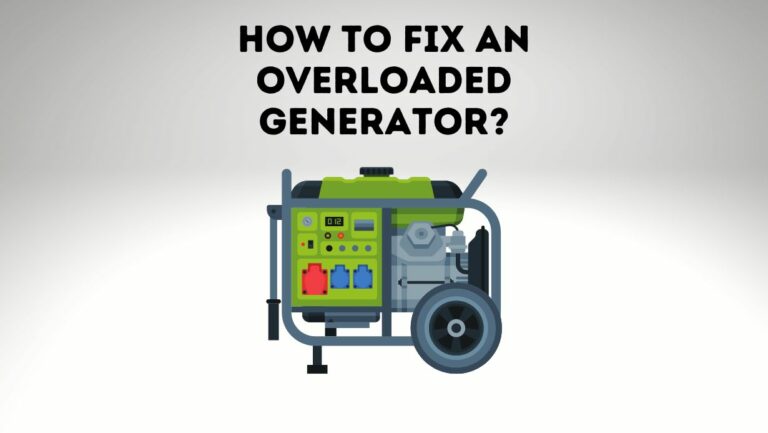
If you’re looking for a reliable backup power source for your home or job site, a 5500-watt generator could be just what you need.
This type of generator is designed to provide enough power to run several appliances and tools simultaneously, but you may be wondering exactly how much it can handle.
In this post, we’ll talk about the capabilities of a 5500-watt generator and give you an idea of what types of equipment and devices it can power.
Examples of what a 5500-watt generator can power
A 5500-watt generator can power a variety of appliances and tools simultaneously. Here are some examples of what a generator of this size can power:
1. Household appliances
A 5500-watt generator can power a variety of household appliances. For instance, it can keep your refrigerator and freezer running, which is important during power outages to keep your food from spoiling.
You can also use it to power your oven, microwave, washing machine, and dryer, but remember that some of these appliances may require more power to start up than to run continuously.
2. Power tools
A 5500-watt generator can also provide ample power for various power tools. It can run a circular saw, drills, air compressors, and welders.
These tools require a lot of power, but a 5500-watt generator can handle them easily. Again, it’s important to check the startup wattage of the tools you plan to use to ensure that your generator can provide enough power.
Overall, a 5500-watt generator is powerful enough to handle most household appliances and many power tools, making it a great choice for homeowners and job sites.
Note that the number of devices you can power at once will depend on the total power requirements of each device and the generator’s total power output.
It’s always a good idea to check the manufacturer’s recommendations and do some research before selecting a generator that fits your power needs.
Factors that affect the generator’s power output
Several factors can impact the power output of your 5500-watt generator. These factors include:
1. Fuel type
The type of fuel you use can affect the generator’s power output. For instance, some generators run on gasoline, while others use diesel or propane. The fuel type can impact the generator’s efficiency and overall power output.
2. Altitude
The altitude at which you operate your generator can impact its power output. At higher altitudes, the air is thinner, which can cause a reduction in the generator’s power output.
As a general rule, for every 1,000 feet in elevation, you can expect a 3.5% reduction in power output.
3. Temperature
Temperature can also impact the generator’s power output. Generators tend to operate best in moderate temperatures. If you’re operating your generator in extreme heat or cold, it may not provide its full power output.
4. Load
The load placed on the generator can also impact its power output. If you’re running multiple appliances and tools simultaneously, the generator will work harder and not provide its full power output.
It’s vital to calculate your power needs and ensure you’re not overloading the generator.
How long will a 5500-watt generator run on a gallon of gas?
As a general rule of thumb, a 5500-watt generator can run for around 8-12 hours on a gallon of gas, assuming a half-load condition.
However, the run time can vary depending on the generator’s fuel efficiency, which can vary between different models and brands.
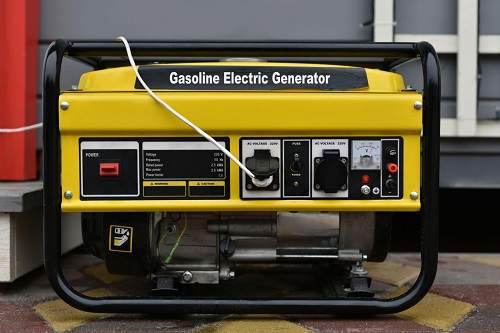
Additionally, the load placed on the generator can impact its fuel consumption. Running at a full load will cause the generator to consume more fuel and decrease its run time.
It’s always a good idea to check the manufacturer’s specifications for your specific generator model to understand better its fuel efficiency and expected run time on a gallon of gas.
Also, monitoring the fuel level and estimating the run time based on the load placed on the generator can help you better plan for your power needs.
Can I run my generator all night?
Running a generator all night is generally not recommended, as it can pose several safety hazards and lead to mechanical issues with the generator. Here are some reasons why:
1. Carbon monoxide poisoning
Generators produce carbon monoxide (CO), a colorless, odorless gas that can be deadly if inhaled in high concentrations.
If you’re running your generator indoors or in an enclosed space, the buildup of CO can be dangerous. It’s essential to keep the generator at least 20 feet away from any buildings and never run it in a closed area.
2. Mechanical issues
Running a generator continuously can cause mechanical issues, such as overheating and premature wear and tear on the engine. This can lead to costly repairs or even the need for a new generator.
3. Noise pollution
Generators can be quite loud and disrupt the sleep of you and your neighbors. Many residential areas have noise ordinances prohibiting running loud equipment at certain times, including at night.
Conclusion
A 5500-watt generator can power various appliances and tools, making it a versatile choice for many applications. From powering a refrigerator and lights during a power outage to running power tools at a job site, a 5500-watt generator can provide reliable power when needed.
However, you should consider the factors that can impact a generator’s power output, including fuel type, altitude, temperature, and load. Proper maintenance and care are also essential to ensure that the generator operates at peak performance and provides its full power output.
If you need to use your generator overnight. In that case, it’s also necessary to follow safety guidelines, including keeping the generator in a well-ventilated area, periodically turning it off to check fuel and oil levels, and checking with local authorities for any regulations on generator use.
By understanding these factors and taking the necessary precautions, you can use your 5500-watt generator safely and effectively for your power needs.

